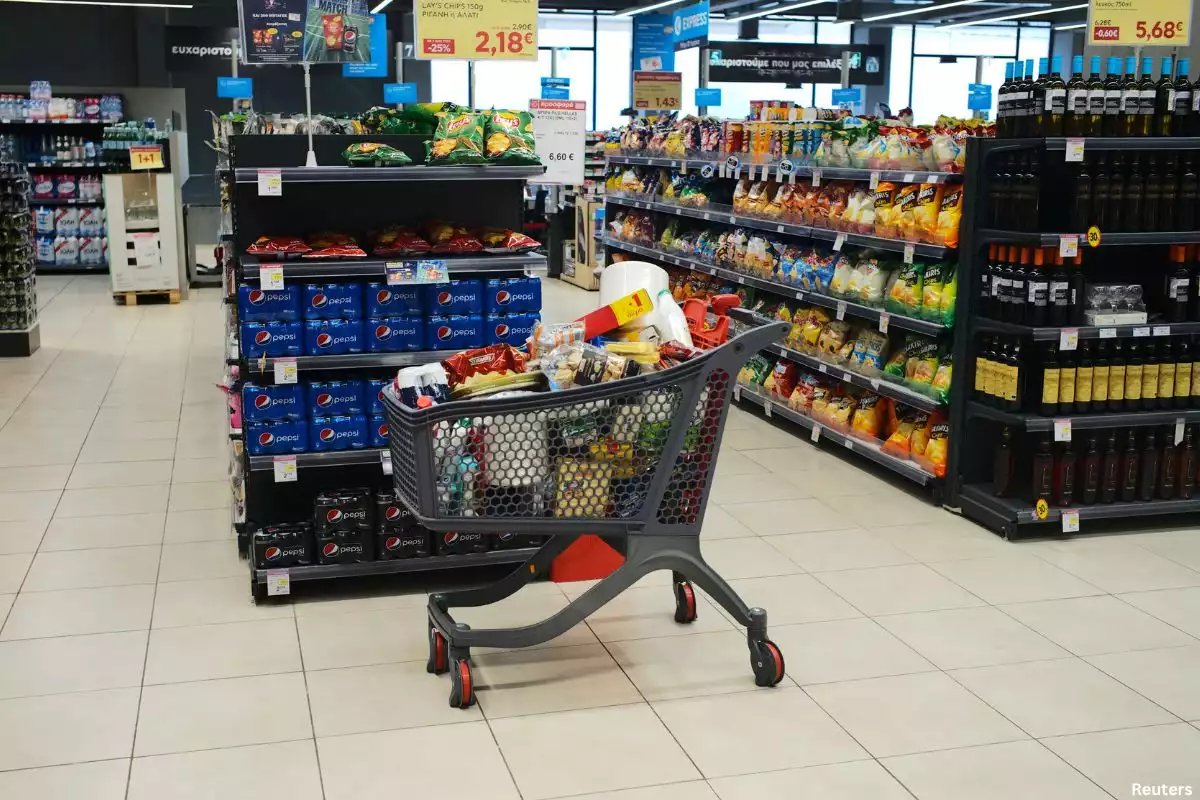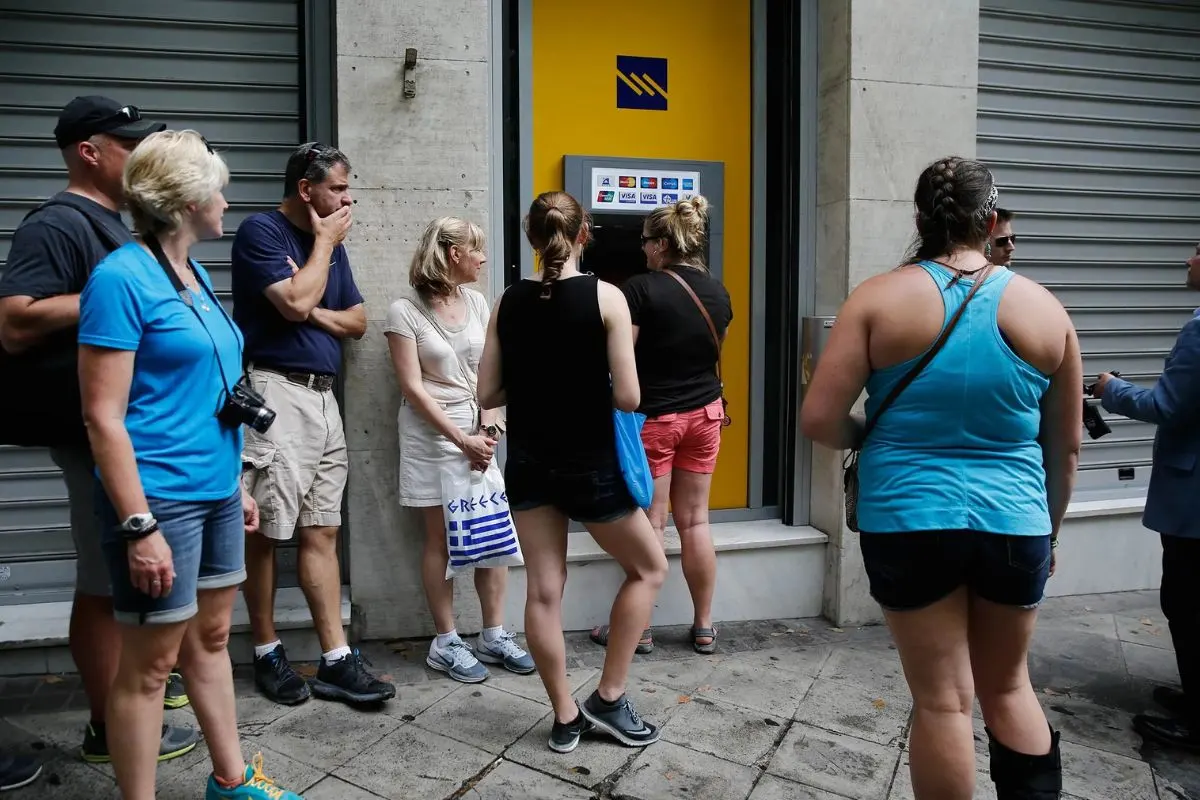Athens, Greece – Greece’s Ministry of Development has issued fines of €1 million each to consumer goods giants Unilever and Procter & Gamble. These fines come as a result of violations related to gross margin cap regulations affecting over one hundred product codes, including items like detergents, household cleaners, and personal hygiene products.
These fines are part of a broader effort by Minister Kostas Skrekas to address inflation challenges in Greece. Investigations into similar violations by five other multinational corporations in the food industry are reportedly nearing completion.
Unilever has officially contested the imposed fine, citing concerns about the method used for its calculation. The company has expressed its intention to appeal to the Council of State while also expressing discontent with the provisional nature of the decision.
Unilever’s objection, which was dismissed by the ministry within a short three-hour response time, revolves around the claim that most production cost increases did not impact consumers directly but rather affected profits. The company has pledged to participate in a “permanent price reduction” initiative, covering more than eighty product codes and offering reductions of five percent or more for at least six months.
Company insiders have questioned the disparate response times provided to Unilever compared to other multinational entities and have indicated that other corporations may also consider appealing the fines. Concerns have been raised about potential investment withdrawal from the country in response to these developments.
One notable product affected by recent price increases is olive oil, which has seen a surge in prices, turning it into a luxury item. The surge in prices is attributed to reduced production in Mediterranean countries, including Spain, Greece, and Italy. Factors contributing to the price increase include high VAT, adverse weather conditions, elevated production costs, and profiteering.
Greece, as the second-largest producer of olive oil, has witnessed incidents of theft in some regions, with thieves motivated by the high value of the product. This situation is in contrast to neighboring Turkey, which took measures to restrict olive oil exports in anticipation of reduced production.











